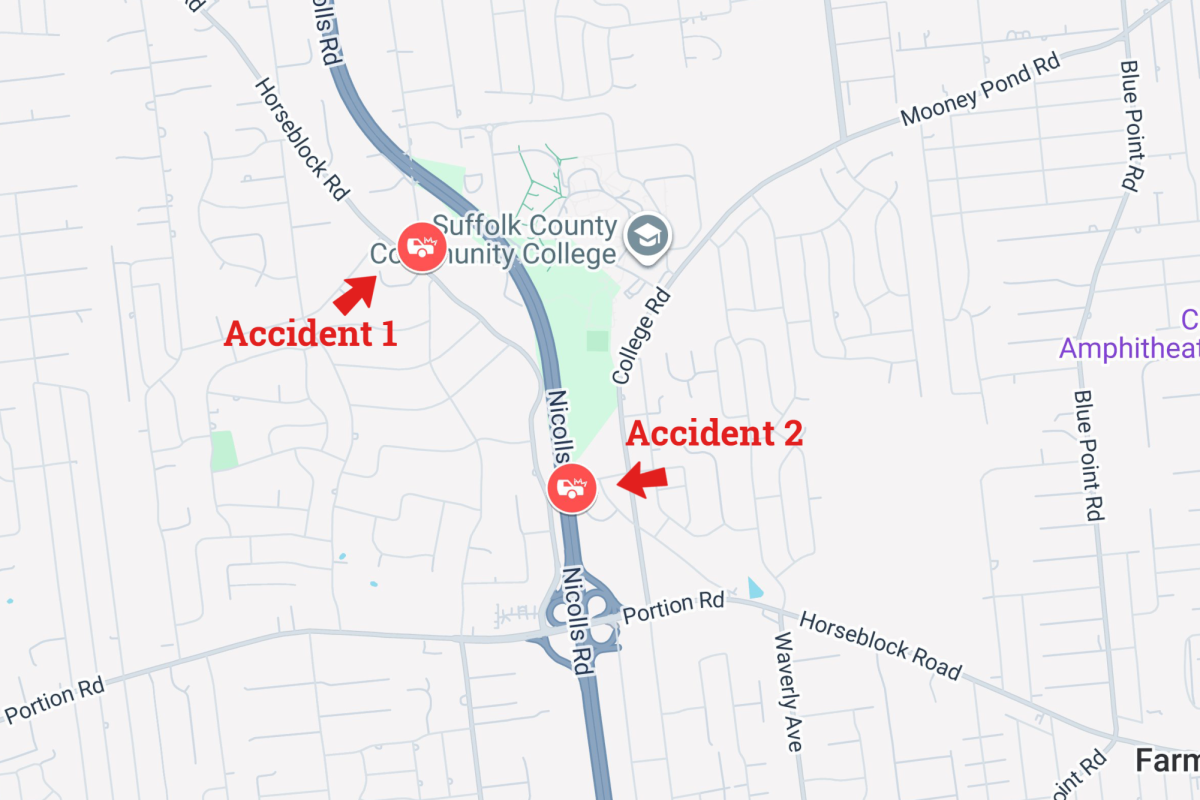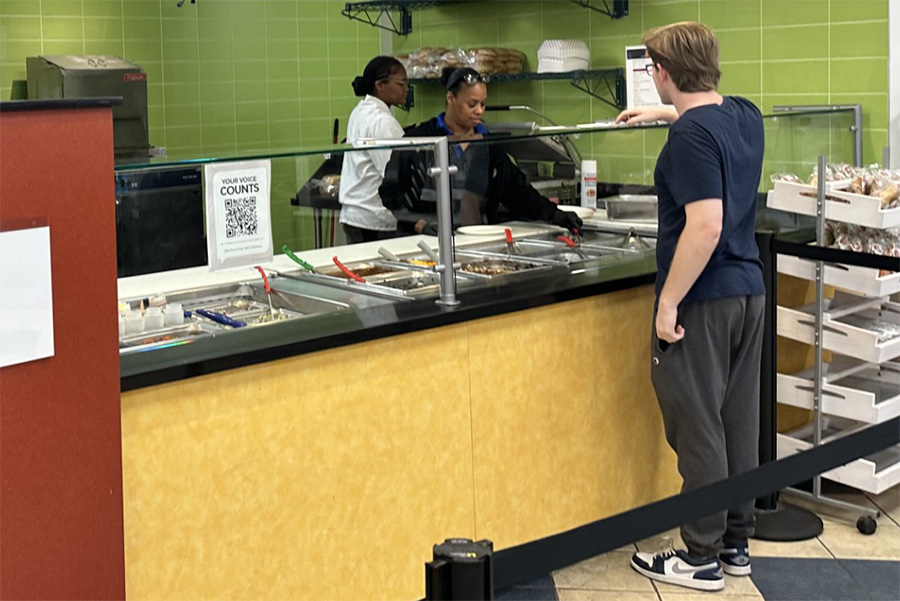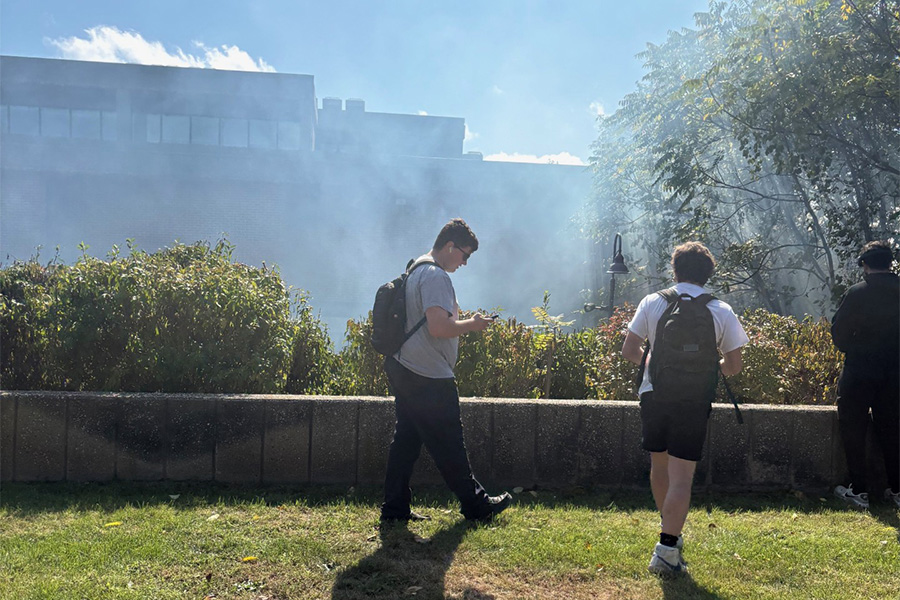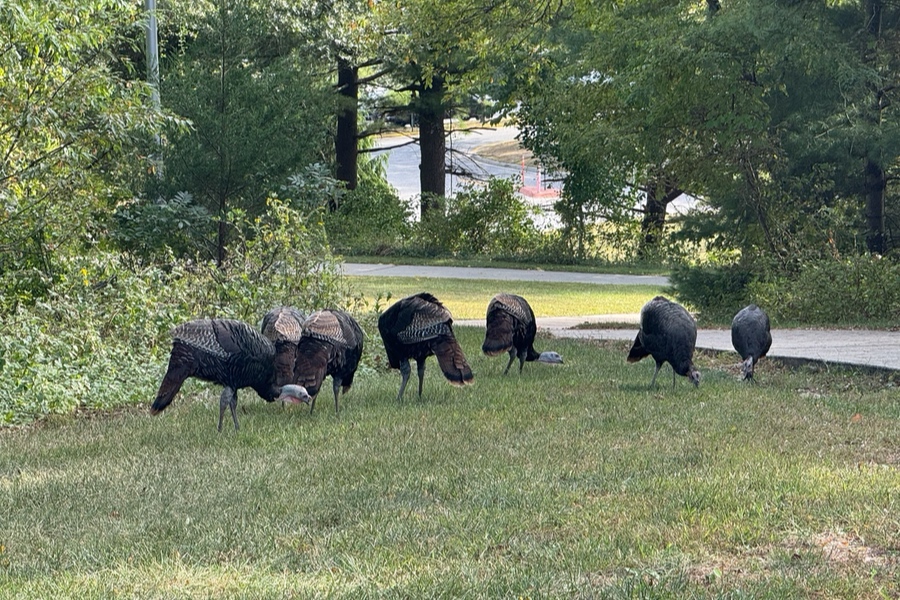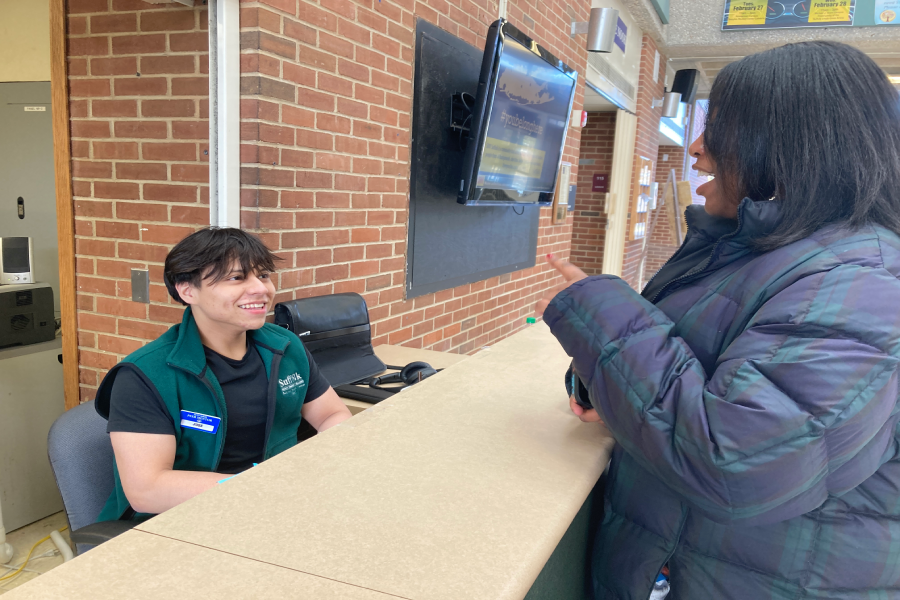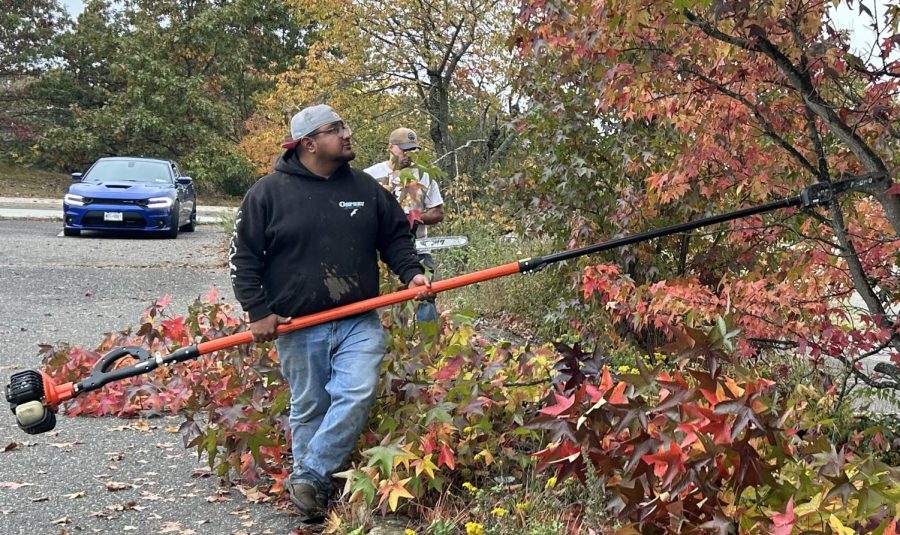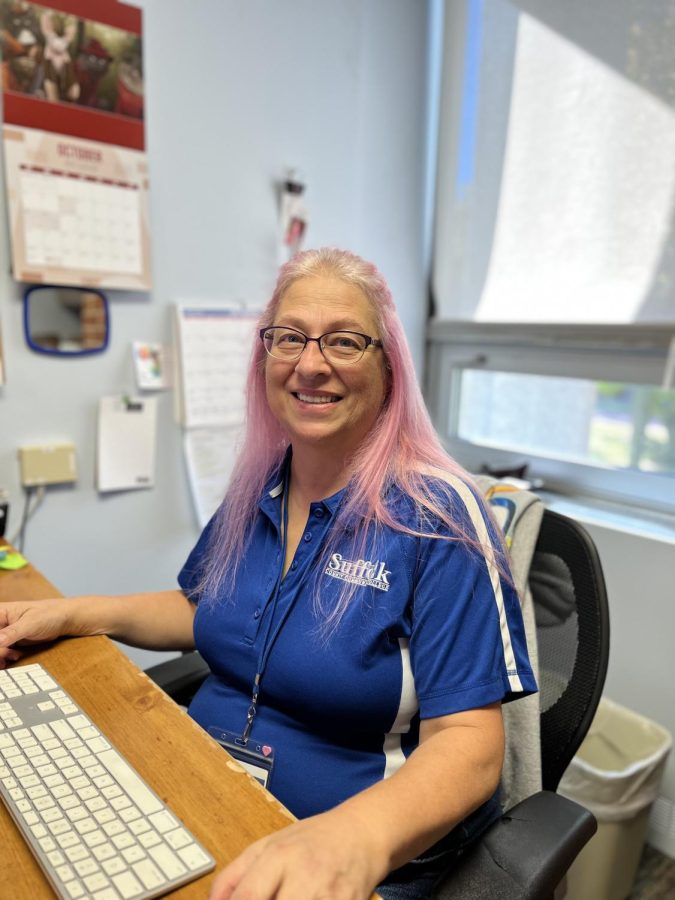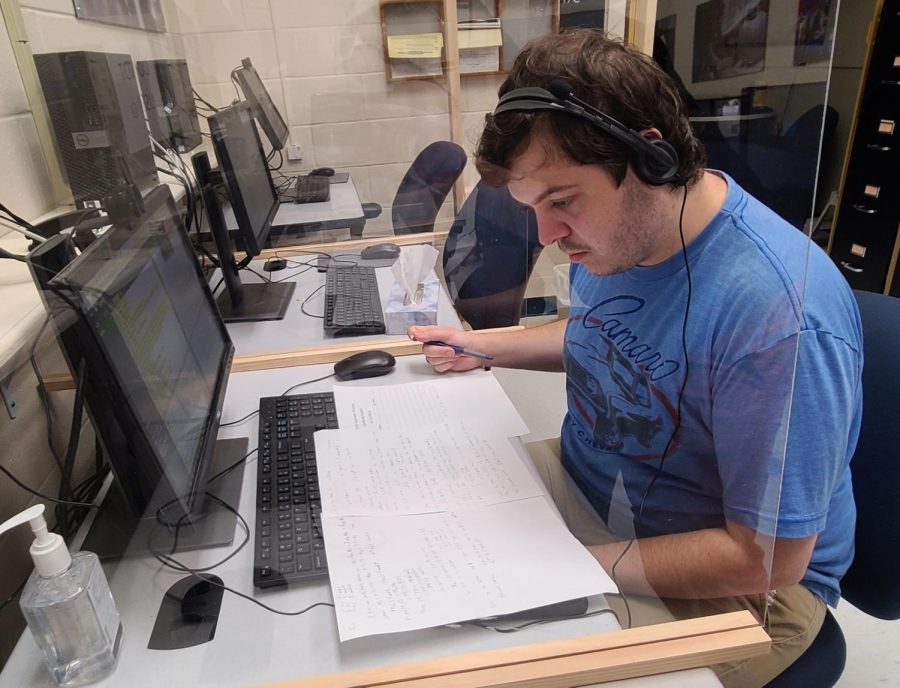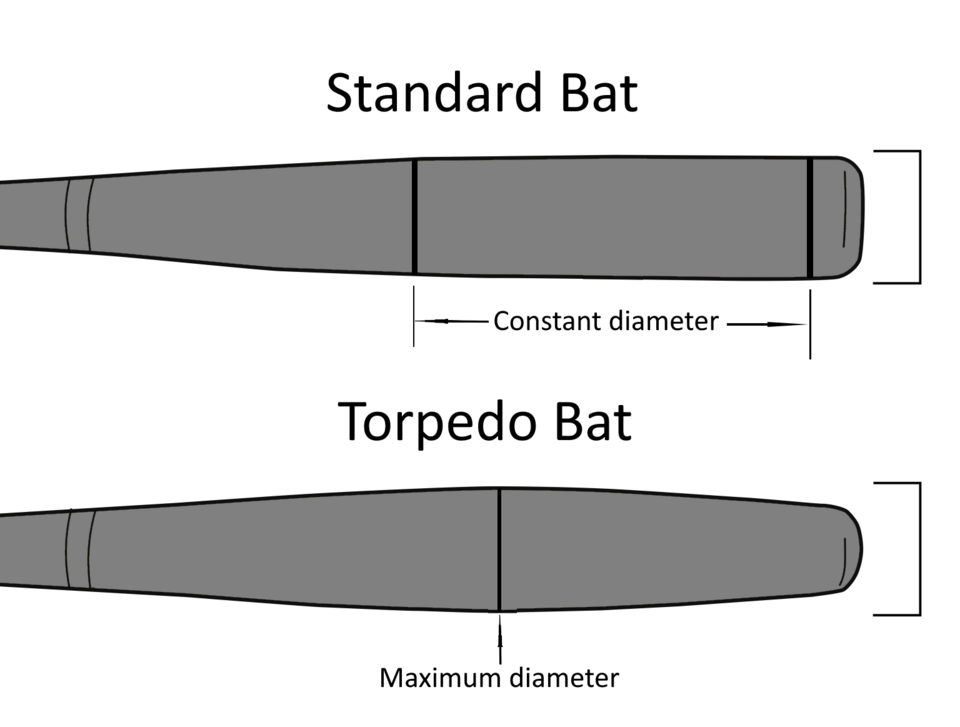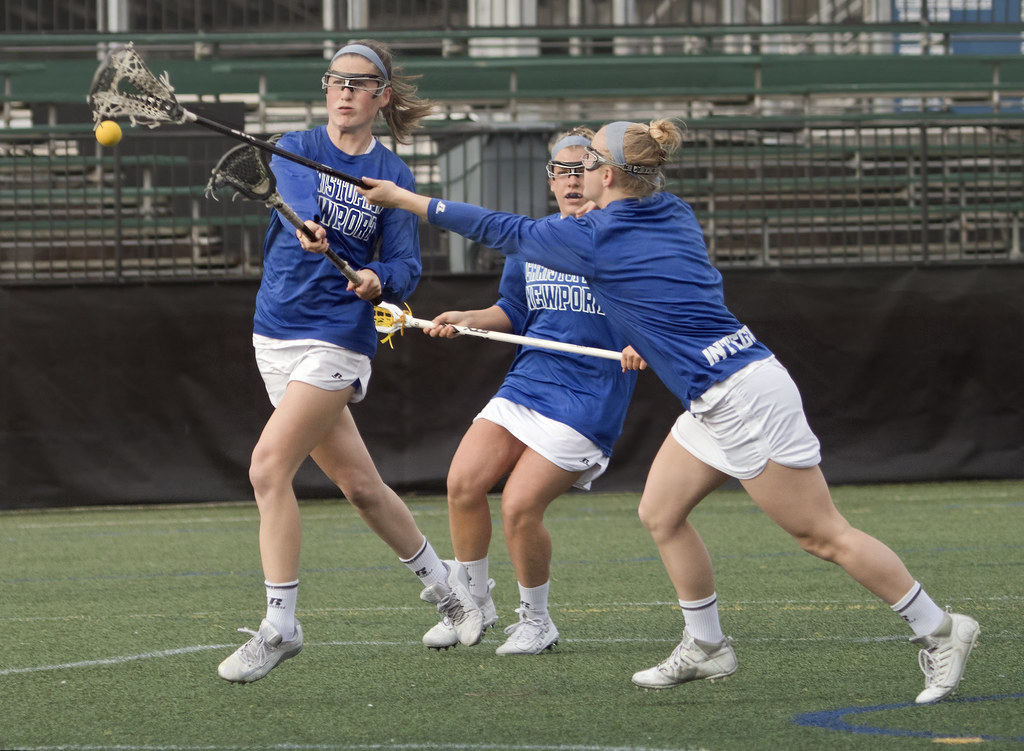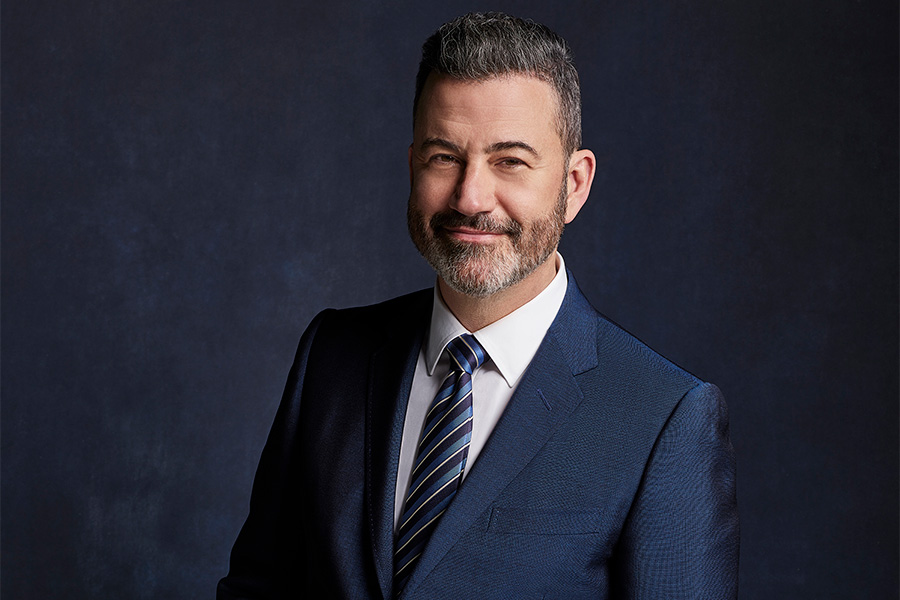Nursing Majors Cope With the Stress of the Career
Nurses, overworked, understaffed, and burned out, so how do Nursing majors cope with this reality and what motivates them to continue to pursue such a difficult career?
Nurses all over are struggling with the pressures of Covid and burnout. Created May 7, 2022 to celebrate “National Nurse Day” and is being used to continue to celebrate both the profession and its majors.
April 11, 2022
Matt Larkin, a nursing major at SCCC, discussed how he copes with the knowledge that the nursing industry produces nurses that are overstressed, overworked, and burned out. “I continue to choose nursing because I like helping people and trying to make a difference in a world plagued by Covid.”
Beth Vullo, a 41-year-old ICU nurse at Southside Hospital, shared her experience in overcoming extreme burnout, which she has experienced throughout her career and the Covid-19 pandemic. Specifically, she highlighted the impact it has had on her throughout her work, during one of the most stressful periods in the medical industry.
Vullo regularly works over 12-hour shifts with patients in the ICU unit who are in critical condition. However, since the pandemic, her patient load has grown exponentially. Despite the payoff from successful cases, the load continues to ebb and flow between extreme highs and lows. She has worked tirelessly with a growing number of patients and unreliable sources of PPE.
Despite these trials and tribulations, Vullo continues her career because of her love for helping those in need. However, she admits that burnout does take its toll on her ability to perform.
“I love helping people, and when I’m experiencing a moment of distress or burnout it diminishes my ability to help people.”
Covid has exacerbated an already overflowing workload, 20-year-old Madison Reiner, previously attended SUNY Oneonta and dropped out due to being unable to balance being a nursing major and maintaining self-care.
Reiner struggled to discuss her path via Zoom, she looked down taking a moment, and then said in a broken voice, “I couldn’t continue nursing during the height of Covid. It was too much for me, but I’m hoping to go back to school in the fall because I’m determined to make a difference.”
Reiner continued, “maintaining self-care, through time management, is a big way in which I’ve been able to release anxiety and stress and return to the major. It’s also okay to take a break if it becomes overwhelming.”
Larkin described what helps him relieve stress. “Having a community of people or support system around me helps relieve my anxiety.”
Managing stress seems to be a common thread between each Nursing major and active nurse, burnout is very real, and combating it means learning how to heal from traumatic experiences like death, severe wounds, and losing those she has developed a personal connection with. This includes self-care and choosing to stand up for yourself when a hospital or major puts too much on your plate.
“I continue through knowing I might make a difference. I might save lives one day, I might be a conduit to assist in creating a better world in the healthcare industry,” Larkin said
Vullo mentioned that fixing the nursing industry, in order to keep fledgling nurses and seniors from burnout, starts with providing a good working environment and resources.
“It’s simple, there’s no shortage of nurses in the world but there are shortages in hospitals. It can be mitigated by paying nurses what they’re worth, staffing safely for each shift, creating a zero-tolerance policy for retaliation from higher-ups, and stop telling nurses to work harder instead of addressing the problem” Vullo said. “If you want to call us heroes, act like we are and give us what we deserve, to combat burnout.”
